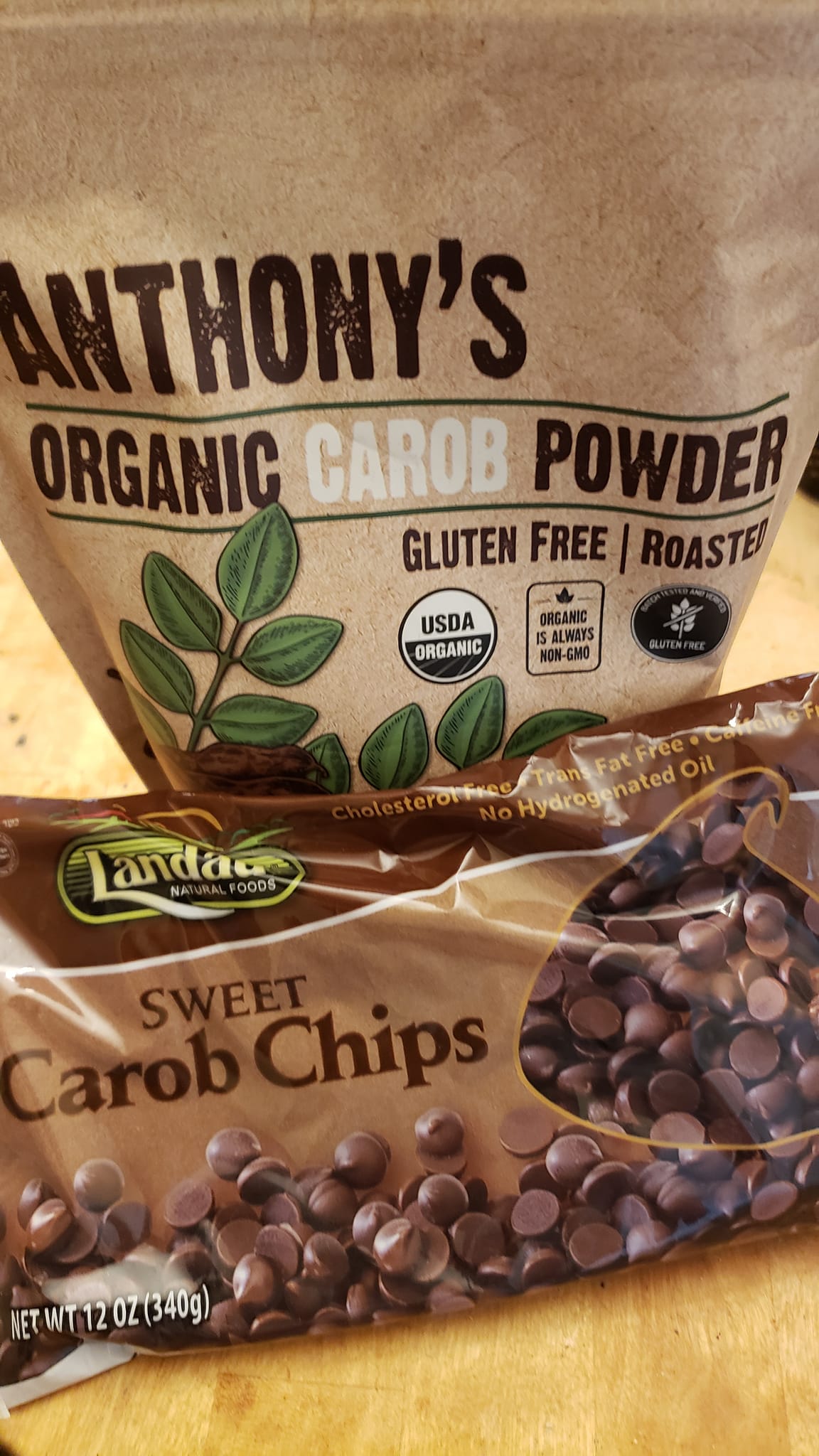Fibromyalgia and Understanding Oxalate-Related Health Risk /Making
Informed Dietary Choices

You've probably heard of oxalates.
Maybe you dismissed this as a possible contributor of symptoms because so many healthy foods contain oxalates, and it may be daunting to think of eliminating them.
Oxalates are compounds that can cause havoc in the body because they can bind to minerals and cause depletion and many other problems.
Oxalates are not just possible culprits in the formation of stones in the body, but they can also contribute to other health problems or pain if a person is sensitive to them.
More on that in a minute, but first how they can contribute to kidney problems.
Oxalates are naturally occurring compounds found in a variety of foods.
Some people need to be cautious about their oxalate intake because high levels of oxalates can contribute to the formation of kidney stones in susceptible individuals.
If you're concerned about oxalate intake or have a history of kidney stones, it's a good idea to consider all of these points.
Here is a list of some foods that are relatively high in oxalates:
- Spinach
- Swiss chard
- Beet greens
- Rhubarb
- Almonds
- Cashews
- Peanuts
- Chocolate
- Sweet potatoes
- Okra
- Beets
- Soy products (tofu, soy milk)
- Tea (especially black tea)
- Wheat bran
- Potatoes (especially if eaten with the skin)
- Quinoa
It's important to note that pressure cooking or boiling some high-oxalate foods can reduce their oxalate content. Although with some vegetables, this could be untrue, and exposure to oxalates can still be high.
Additionally, pairing high-oxalate foods with foods that are high in calcium (calcium binds with oxalates in the digestive tract) can help mitigate the potential negative effects of oxalates.
Conversely, low-oxalate foods include most fruits, most vegetables (such as cauliflower, broccoli, and carrots), dairy products, and many grains.
If you're concerned about oxalates in your diet, you may want to focus on consuming more foods low in oxalate, like apples, artichokes, protein foods, and even some dairy foods (yes, dairy taken in moderation can BIND to oxalates and help to remove them from the body)
Remember that individual tolerance to oxalates can vary, and dietary recommendations should be tailored to your specific health needs.
Possible Symptoms of sensitivity to oxalates
Fatigue may be a common symptom with oxalate exposure. Also pain during urination, brain fog, changes in mood, skin conditions and more.
Below this paragraph is a list of associated conditions.
By the way, oxalates can contribute to joint pain, and I have experienced that myself.
However, as you can see, these symptoms can overlap with fibromyalgia or other conditions, so naming a lot of symptoms is not always going to be helpful.
Oxalates can be eliminated not just through urine, but through the bowels, so changes in bowel habits can also be an indication.
Combination foods high in oxalates
You may not think about it, but there are some foods that can contain higher amounts of oxalates and even other substances if we consume them too many times per week.
- Chocolate covered nuts
- Green Drinks
- Potato chips, French fries
- Green salads with nut or soy toppings
- Strawberry Rhubarb pie
Be aware of taking green drinks daily if you feel they might be contributing to exposure to oxalates.
One thing for sure, the one place people are most different, is dietary needs AND preferences as well.
Potential Problems with Oxalates
It's important to note that not everyone is equally sensitive to oxalates, and their effects can vary from person to person.
Here are some potential problems or conditions that can be influenced by oxalates:
Hyperoxaluria: This condition involves high levels of oxalate in the urine, which can increase the risk of kidney stone formation. There are two types of hyperoxaluria: primary (inherited) and secondary (resulting from dietary factors or other health conditions).
Vulvodynia and Interstitial Cystitis: Some people with these conditions report that high-oxalate foods can exacerbate their symptoms. Reducing dietary oxalates may be recommended as part of a management strategy.
Gastrointestinal Issues: Excessive oxalate intake can lead to gastrointestinal symptoms in some individuals, such as diarrhea, abdominal pain, and malabsorption.
People with conditions like irritable bowel syndrome (IBS) or inflammatory bowel disease (IBD) may be more sensitive to oxalates.
Nutrient Absorption: High oxalate consumption can interfere with the absorption of certain minerals, such as calcium and magnesium. This can lead to deficiencies in these essential nutrients, which can have various health implications.
Bone Health: An excessive intake of oxalates may lead to a decreased availability of calcium for bone health. Over time, this can contribute to weakened bones, potentially increasing the risk of osteoporosis.
Other Chronic Conditions: Some individuals with chronic health conditions, such as autism or autoimmune diseases, have explored low-oxalate diets to see if they can help alleviate certain symptoms.
The scientific evidence supporting these dietary interventions is limited, and their effectiveness varies among individuals. However, I believe as a practitioner who has worked intimiately with digestive conditions, that this is one area where we are all different.
Doing elimination test with various foods, one at a time, can be the best way to decide for yourself.
And again, it's important to emphasize that not everyone needs to avoid high-oxalate foods, and many people can consume them without issues
Chocolate Alternative/Carob as an option

Ok, raise your hand if you're a chocoholic like me?
Sometimes there's nothing better, right?
Well, if like me, you also need to reduce your exposure to oxalates, you might consider using carob instead of chocolate., or at least lessen the amount of chocolate.
At least give it a try if you haven't.
I love using both carob powder AND carob chips in recipes.
Now the only issue is that not all grocery stores have carob products, and it still amazes me to this day. I actually started consuming carob as a teenager, now 56, so I would think it would be more mainstream, but it's not from what I see today.
Check online, Amazon has a good variety, just check for taxes, again because it's not widely available, some companies charge more. Ask your local grocer to carry more carob products as well.
Both sweetened and unsweetened versions are available.
Oxalate Supplements
If you have recurring kidney stones that are oxalate in nature, check out some of the supplements online (Amazon) while reducing exposure to oxalate foods at the same time. Kidney Cop is one , the COP stands for Calcium Oxalate Protector.
Check with your dr or naturopath for individual guidance if needed.
Bottom Line: Be aware of oxalates but try not to obsess over them. That is another reason I stress throughout this article, that not everyone will need to reduce oxalates in their diet.
<3 Lisa (practitioner, trainer, fellow fibro)
HOME > Fibromyalgia and Oxalates
Before you leave, my sitemap can provide you with a "God's-eye" view of this website laid out in "outline format".
Stay connected by using the contact form below.
Your second block of text...
Didn't find what you were looking for? Search for it:
living-smarter-with-fibromyalgia.com
©2013-2025 All Rights Reserved
FibroFitPeople, LLC ;©2025 All Rights Reserved









